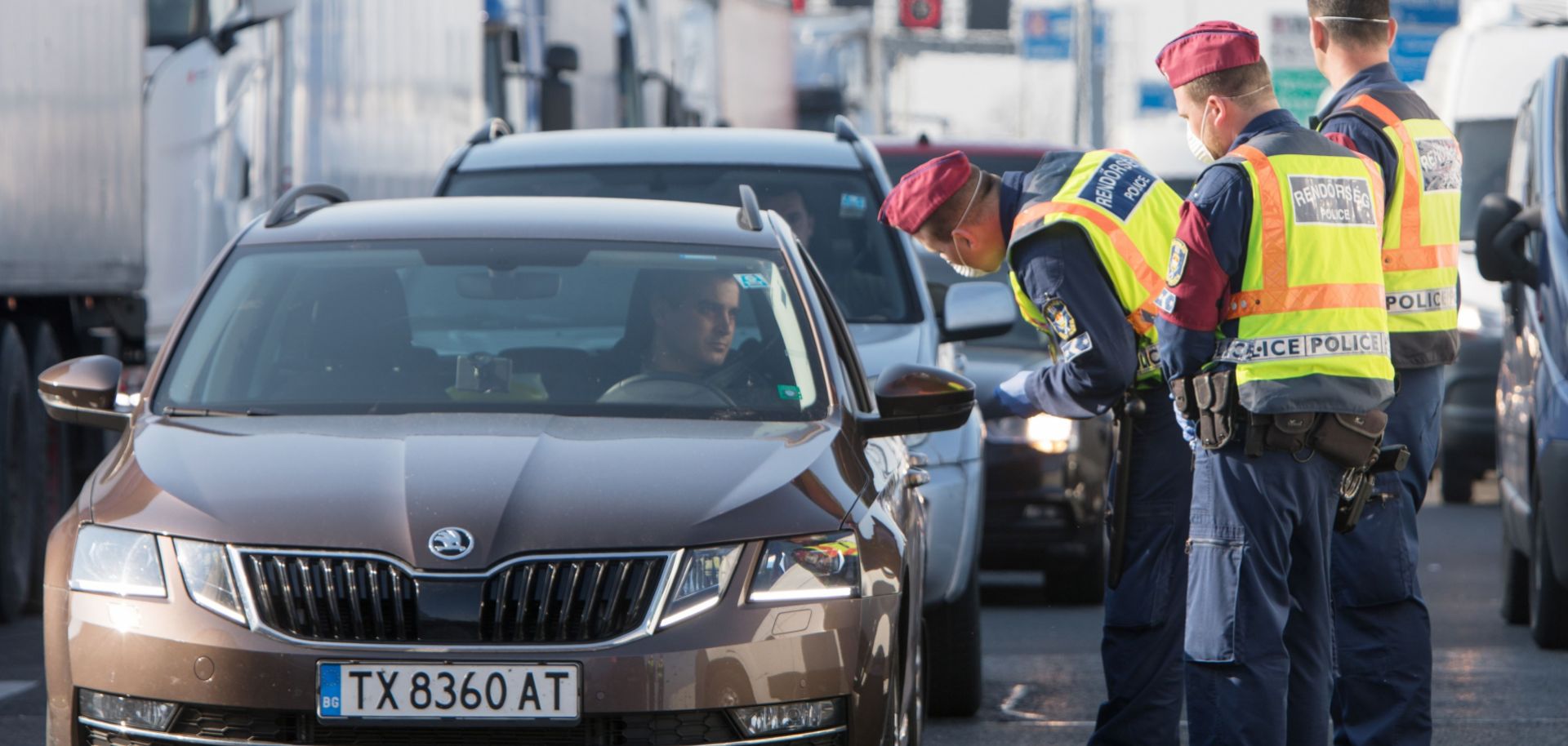Increased security threats in Europe are driving countries to tighten their border controls, heralding a more spotty functioning of the passport-free Schengen area in the coming months that will result in greater economic costs and business disruptions. In recent months, several members of Europe's passport-free Schengen area have reintroduced security controls at their international borders. Between June and July, Germany, Austria, Slovenia, Italy, Norway, Denmark, Sweden and France all introduced or extended border controls, which also affects Slovakia, the Czech Republic, Poland, Switzerland, Croatia and Hungary due to their shared borders with these countries. As a result, half of the Schengen area's 29 member states are currently facing controls at all or parts of their borders. Most of these measures are currently scheduled to end between November and December, but Schengen rules allow for extensions, which means they could remain in place well into 2025....

